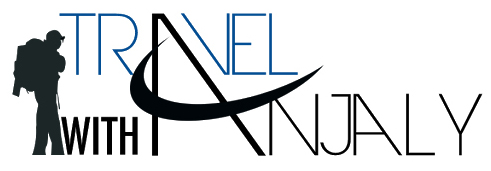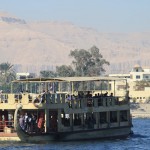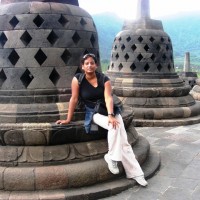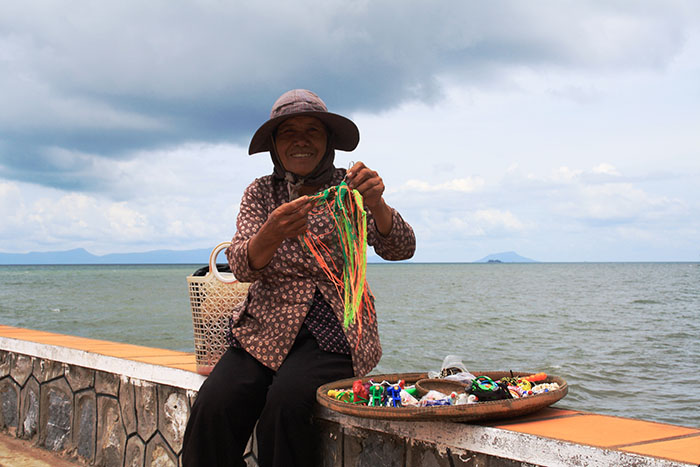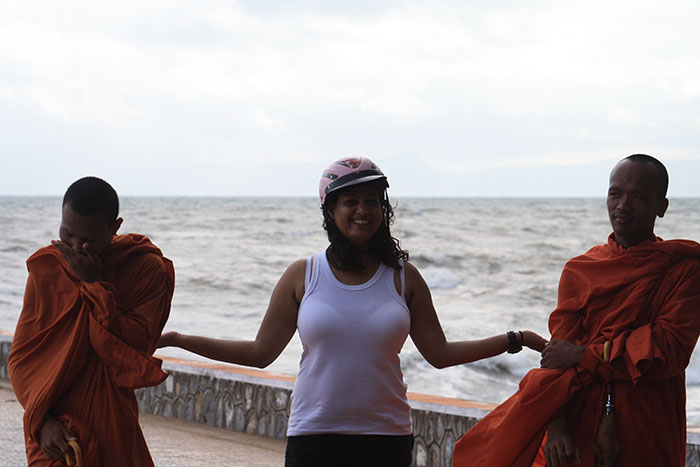February 10, 2012
The clock at Entebbe International Airport reads 4am. I have arrived here on a Gulf Air flight. The excitement building up inside me as I walk towards the immigration gates is real and familiar. The smells of Africa pour in from everywhere.
Majority of the passengers, mainly residents, sail through easily. I stand my turn only too glad that I am about to be given a visa on arrival. It makes things so easy.
The officer behind the counter is chatty.
“Good Morning,” says he in a heavy but pleasant voice.
“Good morning,” I try to infuse cheer into my morning voice, sliding my passport through the pigeon hole.
He grabs my passport in his large hands and turns the pages absently.
“Dubai. You come from Dubai. Yes?” It is a conversation starter.
“Welcome to Uganda.”
My passport is subjected to a closer glance.
“You want visa? Yes? Hundred dollars please.”
This piece of information is welcoming although I wince inwardly at the steep price. But it is a guarantee that I will at last be a guest. Slipping a hundred dollar note through the pigeonhole is an immediate reaction because I have it at the ready. He grabs the bill smiles again, slowly this time, before shifting his weight to the right and passing my passport through a scanner. Slowly. Almost deliberately slowly.
Soon, I am out of the airport and I look up at the sky that is slowly turning a shade of orange. There is chaos at the parking lot not entirely due to the arrival of the flight and the resulting fetchers that have arrived to fulfil their duties. The chaos is a result of armed personnel insisting on brining an order to people spilling out of the airport pushing broken trolleys over dirt.
I see fit to stand aside and let the chaos subside. I have time on hands as I have no destination, except my hostel in Kampala, to arrive at. My little knowledge of Uganda serves me well. Uganda remains in my mind as a country that was run to the ground by a former dictator named Idi Amin. This is the country where Indians got rich and prospered before being thrown out of the country mercilessly. I try to annihilate that unpleasant thought. It won’t do to form an immediate impression of Uganda.
Before I can wave out, a cab arrives. I briefly explain my needs and hop in. The driver is chatty.
“Where do you come from?” His voice is cheerful and warm.
“Dubai.”
“Arab?” His voice gives away the disbelief. “Dubai? Oil country?”
“No, Indian living in Dubai.”
I let it pass that Dubai, my adopted Sunshine City has no oil worthy of mention. Abu Dhabi, the capital city, has all the oil. Dubai has the swanky shopping malls and Range Rovers and the tallest building in the world, but not enough oil to show off or to hold the Ugandan cabbie’s attention.
He launches into conversation. “Too much Indian here in Uganda. Too much money, huh?” and follows it up with a suggestive wink. I fail to see why he makes out money as lustful, something to be leered at, but I let it pass.
“Yeah, maybe. I wouldn’t know.”
“No, too much Indian here doing business. Very nice people, make too much money, big houses.”
My opinion on money-hungry Indians is far from flattering. Indians are spread around the world which makes us look either good or bad, depending on each country’s acceptance of us but it seems as though Uganda is more tolerant of our kind.
“Why do you go to Red Chilies? There are many good hotels in Kampala. Red Chilies, too many Western people – very cheap there. But, no problem, it is good…”
It is strange that he doesn’t see my reason to go to Red Chilies is precisely what he is grouchy about. It is cheap.
Is there something about me that reads Miss Moneybags?
“I have no money my friend. Red Chilies is cheap, I want a cheap place. Hostel, preferably. No money. I have to stay here for three weeks.”
“No money, ha…ha…ha…Arab country too much money.”
He is pleased with this thought.
A little distance from the town of Entebbe, the driver leaves the road and stops the car the car suggesting that I roll down the windows quickly.
“You see morning air is good. You will now smell our water.”
I follow this suggestion. The smell of water wafts in our direction. The air is moist and yet fresh.
“Lake Victoria,” he says meditatively. “The biggest lake in Africa. Sweet water. Many good fish here, like tilapia.”
I wish I can see the lake, but it is still dark. “I hope I can find my way back here sometime.”
“You must eat fish from Victoria,” he continues unmoved by the predicament we are in and uncaring about my future plans. “You must east tilapia and maybe sometime the Nile Perch.”
It is the first time I hear of the fish being found in Uganda. I have been under the impression that Nile perch was special to Egypt.
“I suppose I do like fish…tilapia, maybe.”
Somewhere in that very big lake I know the mighty Nile takes life. It is a spot I hope to visit. There is not much traffic on the Entebbe-Kampala road which allows us a moment of quiet. I sigh. I wish there is some way I can express what I feel about being here.
“We go now before traffic starts,” cuts in the driver heartlessly brining his engine to life.
My mind wanders beyond the fish and tries to piece together all the information on Uganda that will precipitate it into a reality. River Nile, Lake Victories, the gorillas and chimpanzees, Idi Amin, mangoes…these are bits of information that I will now weave into an experience and hope with the ending of the trip I would have successfully drawn geographical lines and location on the large blank area in my mind and find a realistic picture of Uganda.
I am falling in love with Africa all over again.
The rest of the journey passes in silence. A town named Kajjansi is the most vibrant of all towns we have passed yet where much activity taking place here. Colourfully clad women are bringing in their big baskets of raw bananas and setting up shop along the roads. The boards announcing their business are loud and colourful, similar to those found in India, appealing to a wide section of middle and lower class population. Cooking oil and cement brands rule the billboards. The ubiquitous bike-taxis or boda bodas, the East African trademark, are beginning to make an appearance at street corners.
It is going to be just another day in Africa.
Kampala is a traffic-nightmare and negotiating it requires much skill and patience. The driver is constantly swerving, honking and cursing in the order of obstacles he is forced to tackle before finally fetching up at Red Chilies secure behind a high wall and a heavy iron gate manned by an armed guard, who looks suspiciously at us.
“Hello,” says the driver to him.
“Hello” says the guard walking slowly towards us.
“I bring your guest.”
“Hello,” says the guard to me. “You have booking here?”
“Yes.”
He doesn’t appear convinced. “Sure?”
“Absolutely”
“Welcome.”
That is all. He makes no move to unlock the gate. Slowly he shifts the big gun hanging on his right shoulder to the left and walks towards my side of the car. He leans into the car and looks at the back seat. The he walks towards the back and taps the boot. Satisfied, he hurries to the gate and unlocks it.
This is rather amusing and to drive home this point, the driver winks at me. With a loud creak, the wrought iron gates swing open and we drive through.
The camp is asleep. A warm light is filtering through the trees, a dog appears from somewhere, sniffs the air, scratches himself lazily and comes over to stand by me. Birds stir in the trees.
My driver leaves me staring at the dog, but not before warning me “be careful of what I eat.”
The guard has now returned after the securing the camp once again and offers to carry my backpack into the reception. I let him.
He knocks on the door rapidly. In a few seconds a sleepy face appears at the door.
The face belongs to Tomas, the night receptionist.
